Buhari’s Trumpian propaganda to cover up the Lekki Massacre
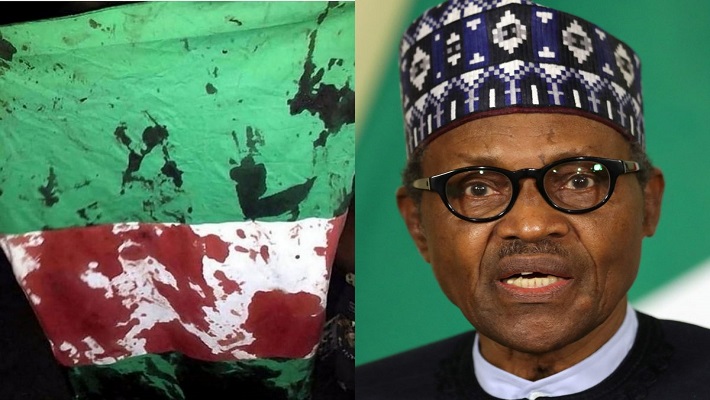
On October 20, I couldn’t sleep in my base here in the United States because I was glued to social media monitoring livestreams of the agonising state-authorised mass massacres of peaceful protesters in Lekki, Lagos. I was crushed and despondent beyond description.
My situational insomnia was triggered by vicarious pains. The sights and sounds of young men and women being felled by live bullets by uniformed homicidal thugs caused me to imagine— and vicariously experience— the pain that the parents of the children who were being killed would go through when they find out about the murder of their children.
Although this Buhari-sanctioned, Tinubu-supported mass murder of unarmed and defenseless protesters was captured in real time on social media, archived on the web, and reported in the domestic and international media, the government isn’t only denying it now, it is causing people who witnessed it to question their own perceptual stimuli, recollections, and even sanity.
That is the propaganda tactic Donald Trump routinely deploys in America. He tells outrageous lies (he has told more than 5,000 lies since becoming president, according to several media houses that are keeping records!), repeats them ad infinitum, ignores rebuttals, and causes otherwise normal people to question the reality they live in and the evidence around them.
This propaganda tactic is called gaslighting. Its goal is to defamiliarise reality and the truth through intentional, in-your-face obfuscation of the facts—or through the popularisation of what Trump’s former counselor Kellyanne Conway once called “alternative facts.”
In a January 2017 article for Psychology Today, Stephanie A. Sarkis, Ph.D., defined gaslighting as “a tactic in which a person or entity, in order to gain more power, makes a victim question their reality. It works much better than you may think.
Anyone is susceptible to gaslighting, and it is a common technique of abusers, dictators, narcissists, and cult leaders. It is done slowly, so the victim doesn’t realise how much they’ve been brainwashed.”
I’ve seen otherwise intelligent, critical people fall victim to the Nigerian government’s Trumpian gaslighting propaganda tactic over the Lekki massacre. Even though videographic evidence exists of the shooting of protesters in Lekki—and of real-time reports of military officers hiding corpses to conceal their murderous cruelty—I’ve seen a surprising number of people asking for evidence of the deaths of protesters in Lekki.
Before writing this column, I observed social media conversations about the government’s audacious denial of the Lekki massacre, and I was amazed by the number and types of people who were gaslit by the government.
Although gaslighting was initially studied in interpersonal settings, it has now been expanded to account for how people with political and coercive authority (such as presidents, heads of military organisations, etc.) and even symbolic power (such as celebrities and public intellectuals) can use their positions to muddy the waters and confound otherwise self-aware people.
The website “Healthline” tells us that gaslighting can cause people “to question their thoughts, memories, and the events occurring around them,” adding that “A victim of gaslighting can be pushed so far that they question their own sanity.”
It is the reason millions of Americans have become suckers for Trump’s absurd, easily refutable lies, and why millions of unreflective Talibangelical African Christians worship and believe him even though he isn’t a Christian and hates and disdains them because of their race.
Psychologists say the most potent solution to gaslighting is to recognise and accept that you’re the victim of a carefully planned emotional manipulation by people who have conscious and unconscious political, symbolic, or interpersonal dominion over you.
That acceptance frees victims from the burden of self-doubt and allows them to examine the facts and evidence around them. The unvarnished fact is that on October 20, CCTV cameras were turned off in Lekki and scores of protesters were shot at with live bullets by the Nigerian military. An undetermined number of protesters died.
The Punch of October 21 reported that “no fewer than seven persons” were murdered at Lekki and that “Many protesters were said to have sustained bullet wounds as a result of the attack that suddenly came just after the billboard on the tollgate and the streetlights around the premises were switched off.”
The paper also reported an eyewitness to have said, “They have killed more than seven people that I have seen with my eyes. They were killed with real bullets…”
Premium Times of October 23 also reported “Nigerian artiste, DJ Switch, who was present when soldiers shot at peaceful protesters in Lekki, Lagos, [on] Tuesday” to have said, “at least 15 people were killed in the shootings and that she and other survivors took the victims’ bodies to the soldiers who took them away.”
The Peoples Gazette, a professional, up-and-coming digital-native news outlet, reported that “the police in Lagos turned down [the] Nigerian Army’s request to hand over nine bodies from Tuesday’s massacre” and pointed out that “Amnesty International had reported 12 persons were killed by security forces on the same night, including 10 from Lekki military shooting.”
So the murder of protesters in Lekki by the Buhari regime is real. It isn’t mass hallucination. And it is disrespectful to the memories of the people who were senselessly murdered by the Nigerian military to question the truth of their death.
The blame for this gaslighting, of course, rests entirely with the government. Many of the peddlers of the government-approved falsehood that no one died at Lekki—or that accounts of what happened there are hyperbolised— are also victims of sophisticated emotional exploitation.
Tinubu is Complicit in the #LekkiMassacre
In an October 21 phone interview with Channels TV, Bola Tinubu tried to dissociate himself from the mass murder of EndSARS protesters in Lekki by asking, “Why will they use live bullets?” and proclaiming he “will never, never be part of any carnage. I will never be part of that.”
His condemnation of the massacre is refreshing, but he advertently or inadvertently enabled it in his blind pursuit of an increasingly implausible presidential ambition.
On Oct. 17, it emerged that clueless Aso Rock insiders said Tinubu was behind the #EndSARS protests as a bargaining chip to get the APC presidential ticket in 2023. I pointed this out on social media, and Tinubu himself acknowledged it days later in his ChannelsTV interview where he said he was “being accused and reported to the Presidency that I was behind the protests, that I was a sponsor of the protests.”
To persuade Aso Rock power brokers that he was on their side, he issued a forceful press statement on October 18 disclaiming any connection with the protesters, saying the protests, in fact, “affected the “economy of Lagos State” (read: Tinubu’s bottom line since he practically owns the Lagos State government).
But his disclaimer did little to assuage the suspicions of his Aso Rock masters. So on Oct. 20, he issued an even more forceful statement where he, among other things, said the Buhari regime had the right to “act with the requisite decisiveness and FORCE to restore law and order.”
In other words, he gave his imprimatur to the military to murder protesters. What else can “decisiveness and FORCE to restore law and order” mean but state-sanctioned lethal violence?
In the night of October 20, several unarmed, defenseless young men and women were murdered in cold blood in Lekki by the Nigerian military.
Of course, given Buhari’s bloodstained history, he didn’t need Tinubu’s greenlight to extrajudicially murder citizens who challenged his dreadful ineptitude, but Tinubu’s endorsement made it easier.
Farooq A. Kperogi, Ph.D., is an Associate Professor of Journalism & Emerging Media at Kennesaw State University, Peoples Gazette columnist and author of Glocal English & Nigeria’s Digital Diaspora.
Twitter: @farooqkperogi.
We have recently deactivated our website's comment provider in favour of other channels of distribution and commentary. We encourage you to join the conversation on our stories via our Facebook, Twitter and other social media pages.
More from Peoples Gazette

Politics
Katsina youths pledge to deliver over 2 million votes to Atiku
“Katsina State is Atiku’s political base because it is his second home.”

Agriculture
Netherlands, Nigeria collaborate to enhance food security
One of the key initiatives is the Netherlands-Nigeria Seed Partnership, aimed at improving access to quality seeds and enhancing crop productivity.
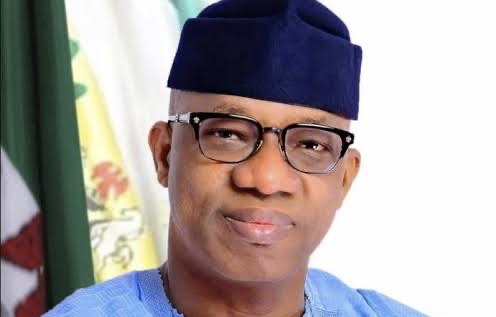
Economy
Ogun government begins enrolment of 80,000 beneficiaries for FG’s cash transfer
She disclosed that over 80,000 households would benefit from the exercise in 192 wards and 2,681 communities across Ogun.
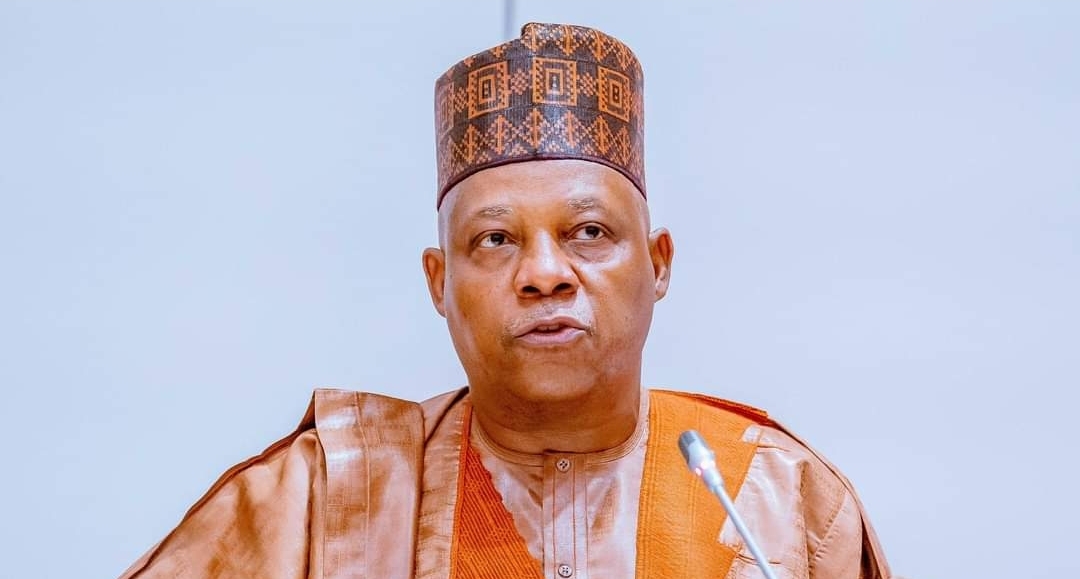
Education
Shettima urges academics to chart course for secure, prosperous Nigeria
Mr Shettima lauded the contributions of academics to national unity, adding that through their work, a more secure and prosperous country was possible.
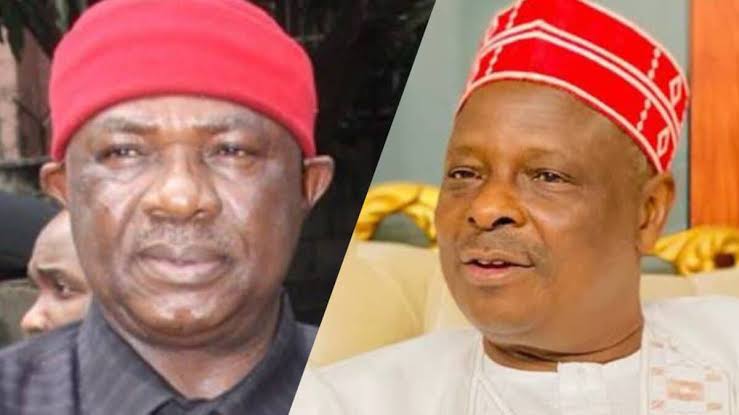
Politics
Kwankwaso betrayed my trust; he’s attempting to hijack, destroy NNPP: Boniface Aniebonam
“I funded the party for 22 years, and Kwankwaso wants to hijack it even when he is not a member of the board of the trustees or the leader of the party,” said Mr Aniebonam.
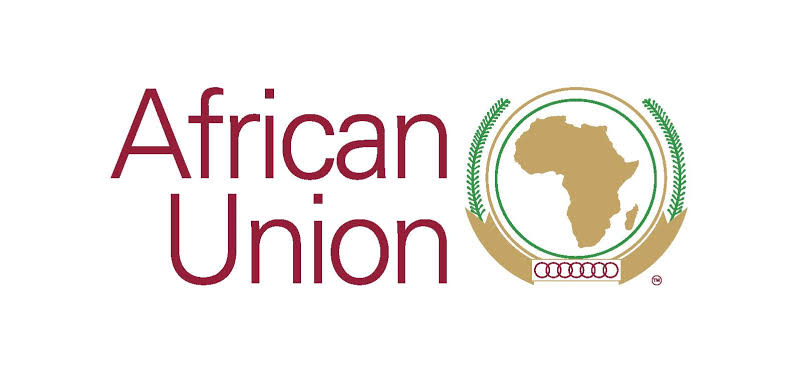
Africa
AU sends condolences to Kenya over death of defence chief, others in helicopter crash
Ten senior commanders, including chief of the Kenya Defence Forces Francis Ogolla, were killed in a helicopter crash in the country’s northwest.
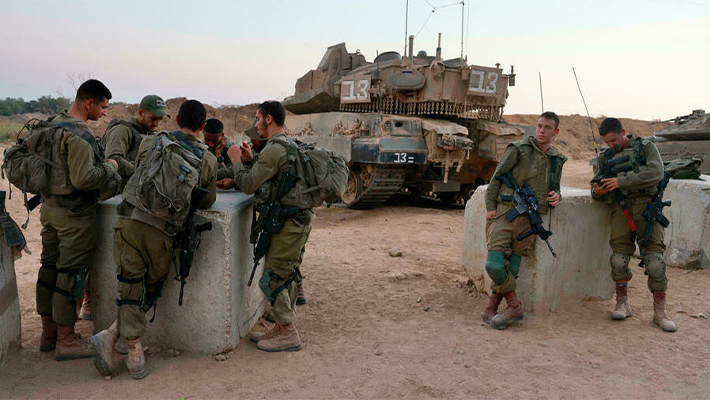
World
UN appeals for restraint after Israeli strike on Iran
U.S. media have widely reported that Israel fired at least one missile at Iran early Friday.








